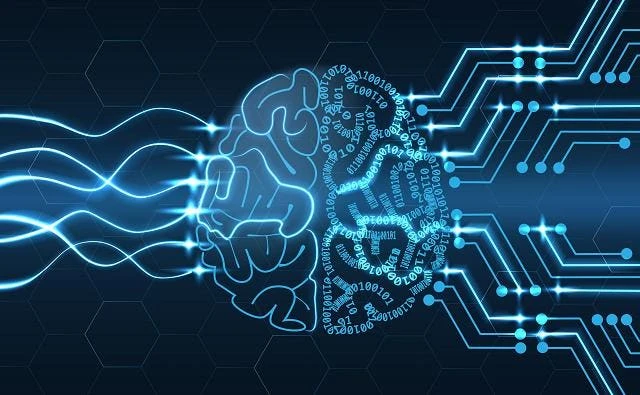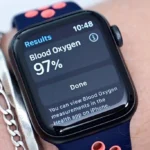The Parkinson’s Patient: Accelerating the Treatment of Neurodegenerative Diseases
Neuroscience has been a rapidly evolving field, with extensive efforts directed towards understanding and treating neurodegenerative diseases. In a recent conversation with Greg Alden, the CEO of Diagnostic Biochips (DBC), we gained profound insights into the challenges faced by Parkinson’s patients and the innovative approach taken to advance the treatment of neurodegenerative diseases.
Greg Alden’s Personal Journey
Greg Alden’s professional journey carries a unique blend of experience in the technology sector, marked by his pivotal roles in pioneering networking companies and his tenure at Cisco. Nevertheless, it was his unexpected diagnosis with Parkinson’s Disease at the age of 40 that redirected his career trajectory.
Alden’s personal struggle with Parkinson’s led him to discern the inadequacies in the existing treatment protocols and the pressing need for advanced, patient-centric solutions. This epiphany catalyzed his transition into the realm of neuroscience, where he sought to leverage his extensive experience in data and analytics to comprehend the intricacies of the brain and expedite the development of effective treatments.
Empowering Patients through Experience
Alden’s firsthand experience with Parkinson’s has endowed him with a unique perspective, aligning his objectives closely with the patient’s needs and challenges. His personal encounter with the disease has enabled him to ardently channel his efforts towards addressing the most impactful aspects of neurodegenerative diseases from a patient-oriented standpoint.
This patient-centered approach is essential in guiding the development of tailored solutions that profoundly impact the lives of those battling neurodegenerative diseases, including Parkinson’s. Alden’s commitment to understanding the fundamental constituents of the brain’s communication processes has shed light on novel avenues for treatment and diagnosis, creating a paradigm shift in the approach towards these complex conditions.
Challenges in Understanding Neurodegenerative Diseases
The conspicuous lack of significant progress in addressing neurodegenerative diseases has been attributed to the intricate nature of the human brain and the underlying pathology of these conditions. Alden aptly highlights this challenge, emphasizing the vital need to comprehend the fundamental workings of the brain at the most intricate levels.
The evolving technology landscape has afforded significant strides in the collection and analysis of brain data, offering unprecedented access to a comprehensive understanding of neurological disorders. However, the multifaceted nature of neurodegenerative diseases necessitates a nuanced approach, necessitating the collection of granular brain data to unlock the enigmatic complexities of these conditions.
The Pivotal Role of Brain Data
Alden underscores the indispensable value of granular brain data as an indispensable compass in navigating the intricacies of the brain. The burgeoning advancements in data collection at a microscopic level have the potential to revolutionize the treatment landscape for neurodegenerative diseases, ushering in personalized, precision-driven therapies tailored to the specific needs of individual patients.
The Future of Neurodegenerative Disease Treatments
Alden sheds light on the latest developments in the treatment of neurodegenerative diseases, revealing promising advancements in pharmaceuticals and groundbreaking research on utilizing stem cells and neuro-modulation devices. However, he underscores the imperative need for precision personalized medicine fueled by robust data-driven insights to spearhead a transformative revolution in treating neurodegenerative diseases effectively.
The convergence of electrical and chemical components in addressing neurological disorders necessitates a holistic approach, with a greater focus on comprehensive data collection and minimal disruption to the brain. Additionally, the active involvement of patients in managing their treatment, as reflected in the utilization of electronic devices for Health monitoring, further epitomizes the symbiotic synergy between technology and personalized care.
Closing Thoughts
The journey of Greg Alden serves as a poignant reminder of the profound intersection between personal experience, technological Innovation, and the quest for transformative solutions for neurodegenerative diseases. His unwavering dedication to leveraging his intimate understanding of Parkinson’s towards pioneering advancements in neuroscience exemplifies the pivotal role that individual experiences and insights play in driving monumental progress in the field.
As we traverse the horizon of treating neurodegenerative diseases, it is increasingly evident that a potent amalgamation of data, technology, and patient-centric care will spearhead an era of personalized, precision-driven treatments, unraveling the enigmatic intricacies of the human brain and redefining the landscape of neurological Healthcare.
Source: forbes








No Comments